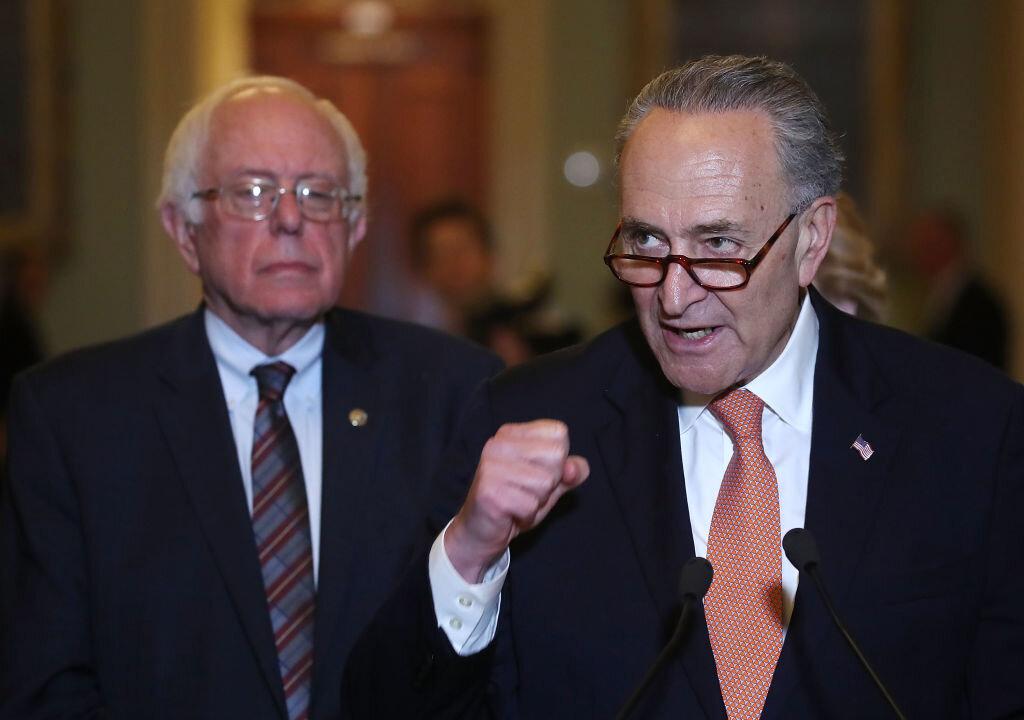WASHINGTON—Stock buybacks have come into focus recently as lawmakers on both sides of the aisle have scrutinized the practice. The nation’s largest business organization, however, rejects the arguments against buybacks, calling them “misguided.”
American companies announced $1.1 trillion in stock repurchases last year, setting an all-time record for corporate buybacks.





